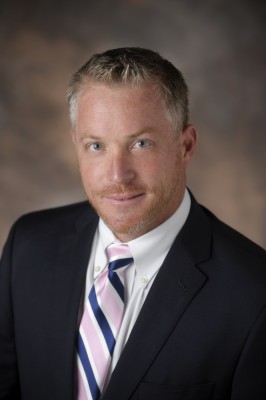Is 35 High Risk?
By Dr. Gene Krishingner
OB/GYN Women’s and Maternity Care Specialists
.
So you just hit your mid 30s healthy, vibrant, happy and now pregnant with your second child. You arrive at your OB/GYN office excited about the new addition to your family but leave an hour later with frustration and anxiety as you find out you have just been labeled “Advanced Maternal Age.” Your doctor informed you that you are now considered high risk and need a consult to the Maternal Fetal Medicine specialists!
Advanced Maternal Age is a term that frustrates many mothers-to-be, and often I find myself explaining, almost apologizing, for making someone think I am calling them old! Trust me when I say that 35 is young from my perspective. However, in the world of OB/GYN it marks the turning point where some important risk factors in pregnancy begin to increase significantly.
The term “Advanced Maternal Age” comes from an era when women married in their teens and began having children at a much younger age. Now we live in a time where a large proportion of moms are busy with new careers and the professional workforce. These moms certainly don’t feel old and sometimes they are just getting to a point in life where they are considering a family for the first time.
Here are the facts. At age 35 the chance of having a baby with Down Syndrome is 1 in 240, and at age 40 the chance is 1 in 109! In addition to genetic concerns, there are several other risks that increase at the mid-30 mark. These include increased risk of miscarriage, pre-eclampsia, fraternal twins, stillbirth, placental problems and hemorrhage, stroke, gestational diabetes and several other very concerning conditions. As the age increases beyond 35, so does the risk!
Despite these concerns, women in the modern era can reduce their risks by a huge margin if they manage their pregnancy with a careful approach and consultation to the Maternal Fetal Medicine Specialist. That is why it is so important to get this additional assessment and evaluation and why your general OB/GYN will insist upon it. The evaluations for genetic abnormalities now often involve dedicated ultrasound studies and specialized blood or saliva tests instead of the more invasive studies like amniocentesis or chorionic villous sampling. The referral to the MFM doctor also ensures that you have someone who is highly specialized in the medical and clinical concerns unique to Advanced Maternal Age and pregnancy. They will co-manage your pregnancy along with your general OB/GYN and give you the best chance at a safe and healthy experience.










0 Comments
You can be the first one to leave a comment.